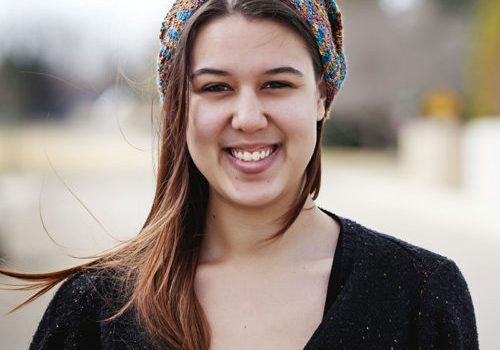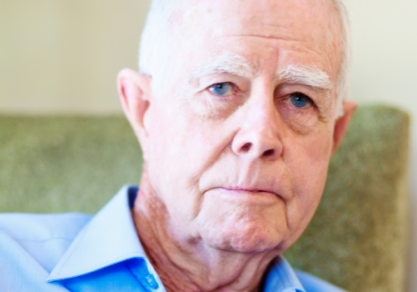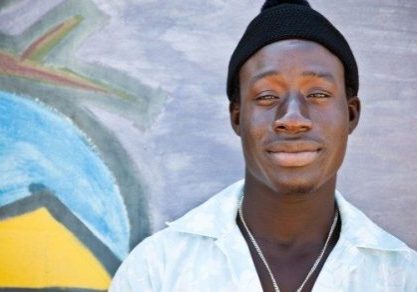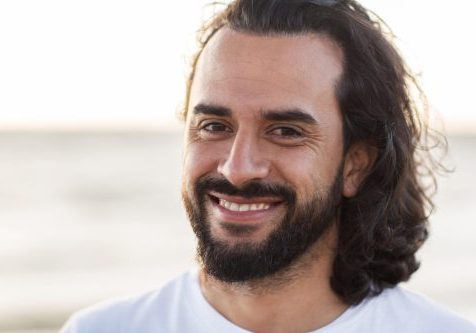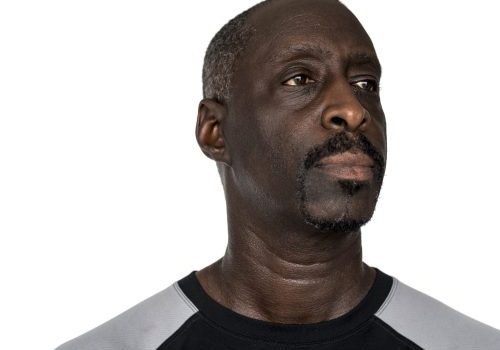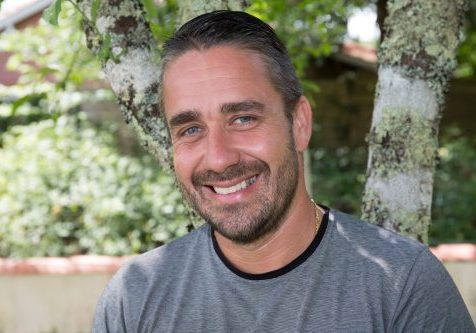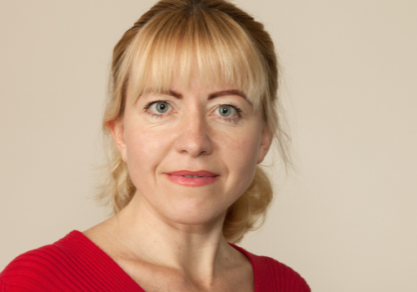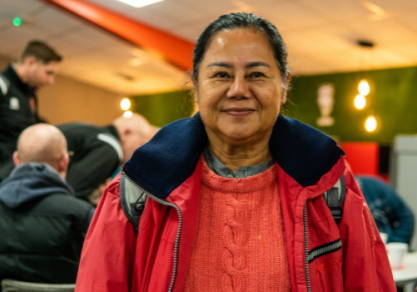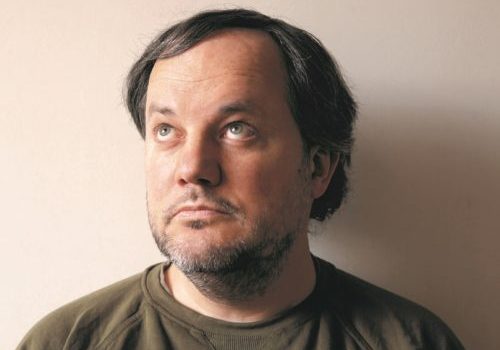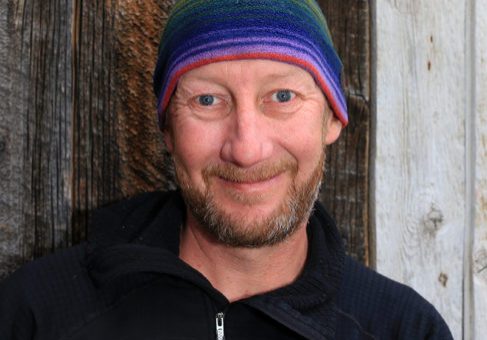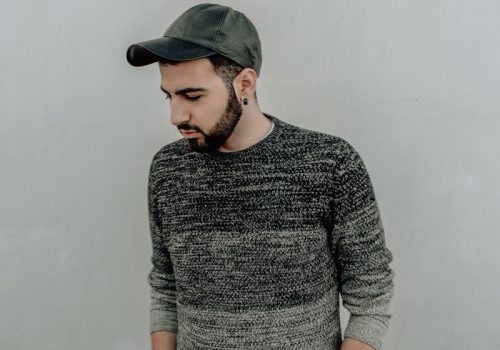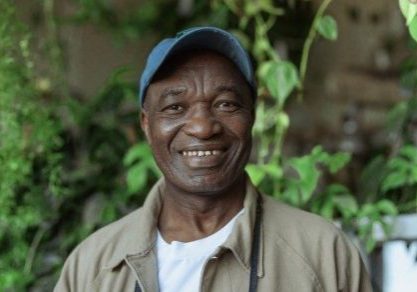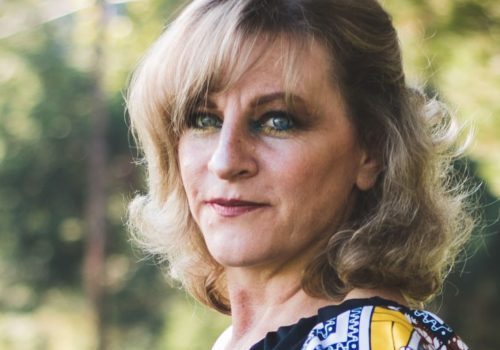Living day to day
Last year, I was living a hectic life in Brighton and Eastbourne – to escape that I turned up on my mum’s doorstep, and I wasn’t looking well because I’d been on drugs for a long time.
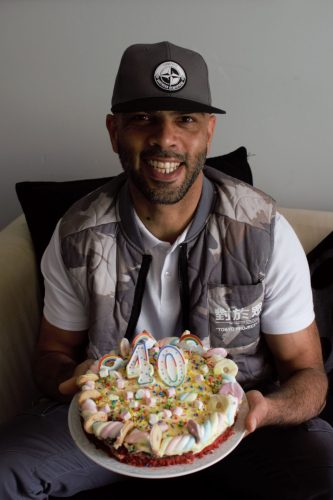 After 6 months Khan’s relationship with his mum and his recovery broke down. He had to leave his mum’s house and he returned to Brighton, where he had nowhere to live. He ended up sleeping rough.
After 6 months Khan’s relationship with his mum and his recovery broke down. He had to leave his mum’s house and he returned to Brighton, where he had nowhere to live. He ended up sleeping rough.
Khan was initially placed in emergency temporary accommodation, through the local Street Outreach Service, but he needed more supportive and longer-term housing, and he was referred to Phase One.
Finding a safe haven
Khan shared his relief at arriving at Phase One after all the uncertainty about where he would live:
I was welcomed, they showed me my room and the room looked brand new, all done up nice and clean, the furniture was nice and tidy… it was very welcoming. They’re just providing a safe haven for us, for homeless people, people with bad mental health or addiction to alcohol or addiction to drugs… and it’s really appreciated because on the street people look down on us.
Khan found the freshly prepared meals at the hostel went a long way in supporting his physical and mental health:
Phase One gives you freshly cooked meals every day, it’s not like microwave food, they have chefs come in every day and cook fresh food… so I used to look forward to the meal, and that went a long way because I’m not just starving myself I’m taking time out to eat, even when I was in the madness of taking drugs, I made sure I was there at dinner time to get my food.
Getting access to services
Phase One acts as a hub for various partners, meaning residents have access to wide ranging on-site support and services, from substance misuse services to Covid-19 vaccinations. A dedicated outreach worker from the charity Change Grow Live (CGL) holds regular sessions with clients in the hostel, which Khan particularly benefited from:
When you’re on drugs you find it hard to keep appointments… you find it difficult to go down the road let alone the other end of town, so that service was brilliant… I could speak to my drug worker while I was there and if he hadn’t come there, I wouldn’t have got the help.
Making steps to recovery with 24/7 staff support
Something Khan valued highly was the staff support at Phase One while he was making steps towards recovery. He recalls a specific occasion when he had an anxiety and paranoia attack but felt able to reach out to staff for help, something he had always found difficult previously:
I found the staff non-judgmental and very supportive… I felt comfortable going to them and saying, ‘look I feel like this, and I don’t know what to do’. They took time out from their desk and took me into the room and spent time with me and talked to me just to understand what’s going on… distracted me with conversation, took my mind off things, but it helped, really helped me relax… that was a big thing for me.
When Khan had difficulties with a fellow resident, he described staff going to great lengths to help him work through the issues to support him to stay at the hostel:
They could have kicked me out straight away, they had every right to let me go but they didn’t do that, they made allowances for me… helped me with my boundaries. There’s not one staff member that is not helpful, from the day staff to the night staff… I’m thankful and grateful and surprised that a service like that exists.
Moving away from homelessness
Khan was at Phase One for nearly 6 months and was then supported to move to another of BHT Sussex’s services, the Detox Support Project. This provides accommodation and a detoxification programme for people to achieve abstinence.
I broke down, I was tired of living like that. There were other people I’d seen going through treatment centres, it gave me inspiration and an idea of what to do … so then I made an effort to keep up my CGL appointments at Phase One and I spoke to them about it. I mentioned treatment, I mentioned I’ve got kids and I’ve got a family that I want to be with, so they filled in an application.
Following this Khan came to the Detox Support Project for an assessment and started the programme three weeks later.
A different person
Khan is making incredible progress on his recovery journey at the Detox Support Project. His keyworker describes him as being a completely different person to the one who came for his initial assessment, emphasising all the work Khan has put in, as well as the invaluable support he offers his peers at the Project.
Khan has recently celebrated his fortieth birthday and was touched by the affection and support shown by his peers, who made an elaborate cake and decorated the shared house. He has started to make contact with members of his family again and was delighted when his mum and nephews visited during his birthday weekend:
It was lovely to see them. I literally cannot remember the last birthday I celebrated, the last birthday that sticks in my head was when I was 7 years old… living in the madness and whatever I’ve gone through I can’t actually remember celebrating a birthday, and my house, my peers, my family, my recovery family, they made that a really memorable special occasion for me.
Looking to the future
Khan is working hard to regain the trust of his family and is optimistic for the future.
I’ve reconnected with my faith and that’s a big part of my recovery. I’ve managed to pull my life back together… doing what a son should be doing, what faith requires of me, and building bridges hopefully with my ex-wife.
90% of the staff that work here [at the Detox Support Project] have gone through the service, and every one of them is inspiring, and I learn from their stories and their examples of what I can do with my life when I leave here.

